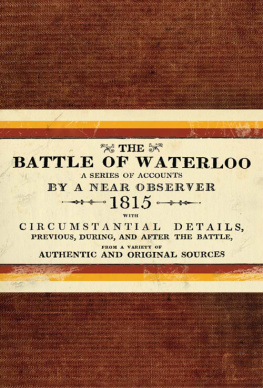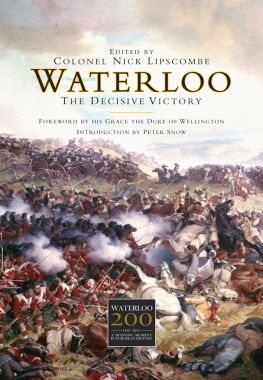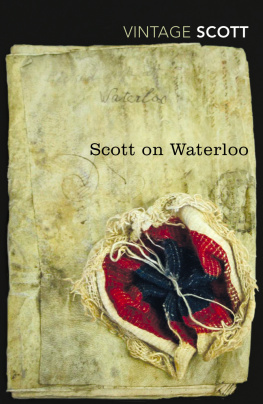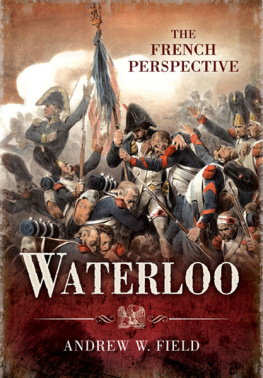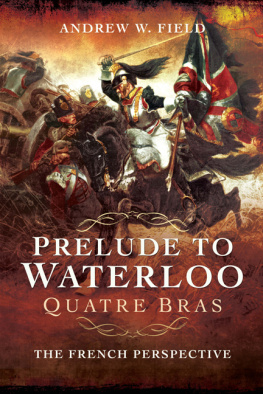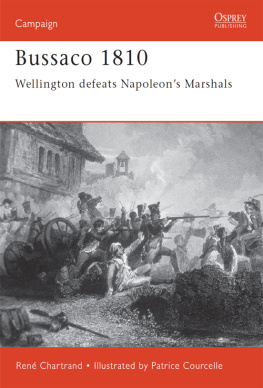THE
BATTLE OF WATERLOO,
CONTAINING THE
SERIES OF ACCOUNTS
PUBLISHED BY AUTHORITY,
British and Foreign,
WITH
CIRCUMSTANTIAL DETAILS,
PREVIOUS, DURING, AND AFTER THE BATTLE,
FROM A VARIETY OF
AUTHENTIC AND ORIGINAL SOURCES, WITH RELATIVE
OFFICIAL DOCUMENTS,
FORMING AN HISTORICAL RECORD OF THE OPERATIONS
IN THE
Campaign of the Netherlands,
1815.

TO WHICH IS ADDED AN ALPHABETICAL LIST
OF THE OFFICERS KILLED AND WOUNDED, FROM 15th TO 26th JUNE, 1815,
AND THE TOTAL LOSS OF EACH REGIMENT,
WITH AN ENUMERATION OF THE WATERLOO HONOURS AND PRIVILEGES,
CONFERRED UPON THE MEN AND OFFICERS, AND LISTS OF REGIMENTS, &C.
ENTITLED THERETO.
ILLUSTRATED BY A PANORAMIC SKETCH OF THE FIELD OF BATTLE, AND A PLAN
OF THE POSITION AT WATERLOO, AND MOVEMENTS, WITH A
GENERAL PLAN OF THE CAMPAIGN.

BY A NEAR OBSERVER.

SEVENTH EDITION, CORRECTED AND IMPROVED.

LONDON:
PRINTED FOR JOHN BOOTH, DUKE STREET, PORTLAND PLACE; T. EGERTON, MILITARY LIBRARY, WHITEHALL;
AND
MANNERS AND MILLER, EDINBURGH.

1815.
TO
The most high, mighty, and most noble Prince Arthur, Duke, Marquis, and Earl of W ELLINGTON . Marquis of Douro. Viscount Wellington of Talavera and of Wellington, and Baron Douro of Wellesley. One of his Majestys Most Honourable Privy Council. Field Marshal of His Majestys Forces. Colonel of the Royal Regiment of Horse Guards Blue. Knight of the Most Noble Order of the Garter. Knight Grand Cross of the Most Honourable Military Order of the Bath. Prince of Waterloo in the Netherlands. Duke of Ciudad Rodrigo, and a Grandee of Spain of the First Class. Duke of Vittoria. Marquis of Torres Vedras, and Count of Vimiera in Portugal. Knight of the Most Illustrious Order of the Golden Fleece. Of the Spanish Military Order of St. Fernando. Knight Grand Cross of the Imperial Military Order of Maria Theresa. Knight Grand Cross of the Imperial Military Order of St. George of Russia. Knight Grand Cross of the Order of the Black Eagle of Prussia. Knight Grand Cross of the Royal Portuguese Military Order of the Tower and Sword. Knight Grand Cross of the Royal Military Order of the Sword of Sweden. Knight Grand Cross of the Order of the Elephant of Denmark, of William of the Low Countries: Of the Annunciade of Sardinia: Of Maximilian Joseph of Bavaria. Of the Crown of Rue, the Family Order of the King of Saxony. The Order of Fidelity of the First Class of the Grand Duke of Baden, and of several others. And Commander of the Forces of his Britannic Majesty in France, and of the Army of his Majesty the King of the Low Countries, &c.
Whoever gave more honourable prize
To the sweet muse, than did the martial crew;
That their brave deeds she might immortalize
In her shrill tromp, and sound their praises due?
Who then ought more to favour her, than you,
Most Noble Lord, the honour of this age,
And precedent of all that arms ensue?
Whose warlike prowess and manly courage,
Tempered with reason and advisement sage,
Hath filled sad Belgic with victorious spoil;
In France and India left a famous gage,
And lately shook the Lusitanian soil,
* * * * * * * * * * * a noble peer,
Great Englands glory, and the worlds wide wonder,
Whose dreadful name late thro all Spain did thunder,
And Hercules two pillars standing near,
Did make to quake and fear:
Fair branch of honour, flower of chivalry!
That fillest England with thy triumphs fame,
Joy have thou of thy noble victory,
And endless happiness of thy own name
That promiseth the same;
That through thy prowess and victorious arms
Thy country may be freed from foreign harms,
And Britains great and glorious name may ring
Through all the world, filld with thy wide alarms
Which some brave Muse may sing
To ages following.
E DMUND S PENSER , Author of the Fairie Queen.
INTRODUCTION
The last shots of the battle of Waterloo were fired in the evening of Sunday 18 June 1815. Sometime between 9 and 10pm, the Duke of Wellington met his Prussian ally Field Marshal Gebhard Leberecht von Blucher near La Belle Alliance inn. Blcher embraced the duke and greeted him: Mein lieber Kamerad, quelle affaire! Wellington later claimed that Blucher had spoken the only two French words he knew. With the British troops exhausted by their exertions during the day, they agreed that the late-arriving Prussian cavalry should clear the retreating French off the battlefield. This they successfully did until a halt was called around 11pm. Blucher hoped that the battle should suitably be named after La Belle Alliance. Others expected it to be called after the village of Mont St Jean, behind the British lines. Wellington preferred Waterloo a village on the road north to Brussels on the grounds that this name would prove easier for the British to pronounce.
The battle over, Wellington slept briefly before, in the early hours of Monday morning, he sat down to write his official dispatch to Earl Bathurst, Secretary of State for War. His dispatch, dated Monday 19 June, reached London late in the evening of Wednesday 21 June and was published in an extraordinary edition of the London Gazette on Thursday 22 June. By that time, news of the victory had already reached London, quashing the pessimistic rumours that had swirled around the city in the absence of anything definite. According to a note in this book, the Honourable Mr Butler and an Irish friend, travelling in the Netherlands for pleasure, heard news of the battle while in Brussels. They stayed to help the wounded straggling into the city, before leaving for Ostend on Monday. On the morning of Tuesday 20 June they sailed across the English Channel on board HMS Leveret to Deal, arriving in London at 4pm. They then quickly delivered their good news and dispatches to Lord Melville, First Lord of the Admiralty. Other accounts differ as to how the news first reached London.
The celebrations were immediate and intense. Britain had been at war with France with barely a break since 1793. Both Houses of Parliament met on Friday 23 June to give thanks, as did the Lord Mayor, Alderman and Commons of the City of London on 5 July. A Privy Council order of 29 June required churches, both established and dissenting, to read an official State Prayer, while William Wordsworth burst into lengthy verse, urging this favoured nation to be conscious of thy moving spirit thy protecting care.
The national newspapers devoted many columns to the battle and its aftermath, while printers quickly reproduced scenes of the battle and other images to sell to an eager public. Within a few weeks, two enterprising publishers put together a collection of accounts published by authority, British and foreign, and other relative documents, with circumstantial details, previous and after the battle, from a variety of authentic and original sources. The book was evidently a success, for it went through seven ever-expanding editions in 1815, with three further editions appearing in 1816 and 1817. It is the seventh edition of this book you are holding in your hand.
Next page
